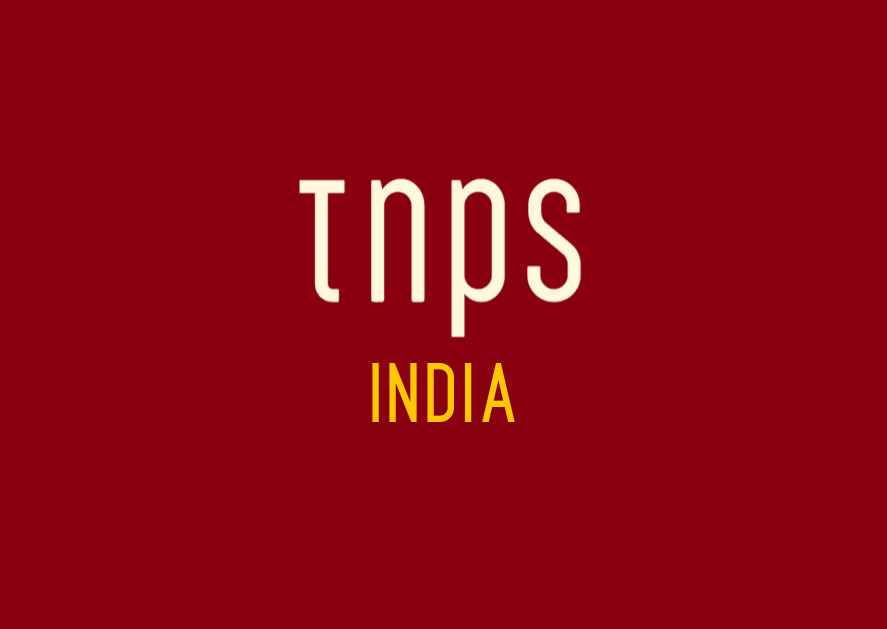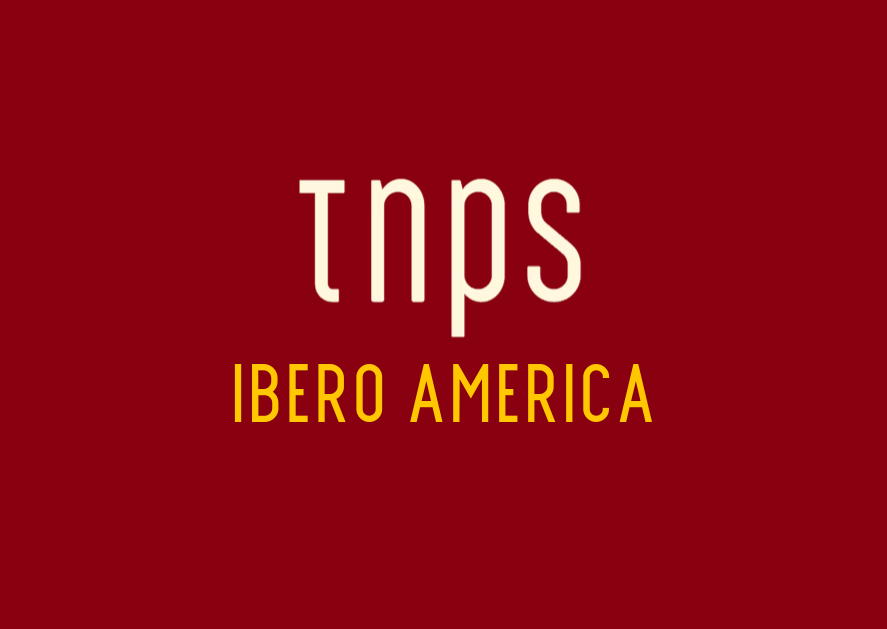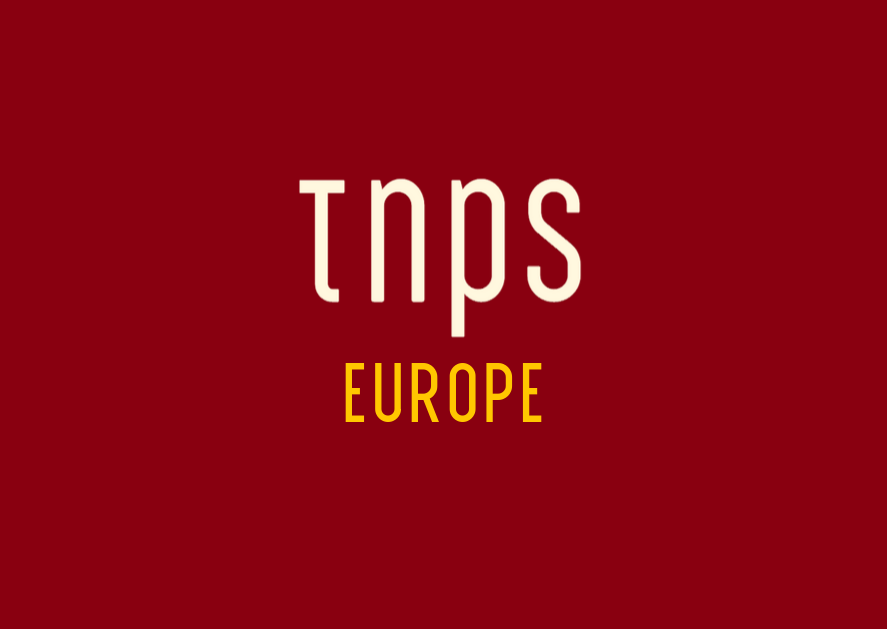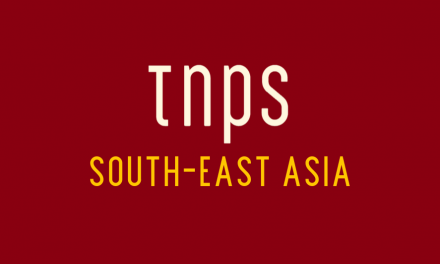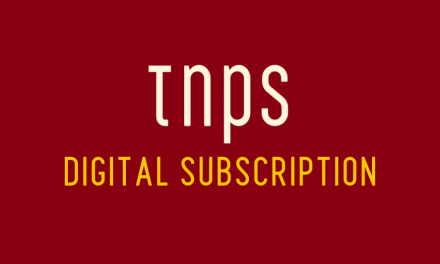One might excuse the digital resistance for their reluctance to move with the times given India is at just 54.2% internet penetration. But not when that 54.2% equates to 755 million people online – more than twice the entire population of the USA.
Amid a wholly predictable and indeed wholly predicted surge in covid-19 cases as the Northern hemisphere winter gets into second gear, India’s Kolkata International Book Fair has been postponed until a hopefully not unrealistic new kick-off on February 28, to run through early March.
In a much-delayed press release – the decision was supposed to have been made over a week ago – Tridib Chatterjee , President of the Publishers’ and Book Sellers’ Guild, said:
We hope the situation will be more conducive in end-February and March.”
Hope being the operative word, and the word that describes the way the Guild has handled the fair since the pandemic began.
The desire to hold the fair come what may is understandable in that Kolkata, in a good year, can attract over two million visitors and see millions of dollars worth of books sold ($3.17 million in 2017).
But then came the barren years, with no physical book fair and, absolutely on no account, no way, over my dead body, not in a million years, a digital alternative. Publishers, or at least, their representative bodies, spent much time happily resisting digital, be it online print sales, ebooks or digital audio, or virtual events. Tradition trumps progress even if that means publishers and consumers lose out, as they clearly have if we are to take seriously Chatterjee’s talk of publishers facing starvation.
India has already this month seen the Chennai Book Fair and the New Delhi World Book Fair set aside –
and Chatterbee has previously warned that Kolkata publishers “will starve” if the event does not go ahead. Yet in our heart of hearts we all knew by late 2021, when the 2022 Kolkata event was being scheduled, that the Covid-19 situation was unlikely to be much-improved.
But as explored here in an op-ed barely a week ago –
– the inability to equate reading with ebooks (let alone audiobooks, heaven forbid!), along with an antipathy towards even online print sales, lies at the centre of the crisis so many Indian publishers are now facing.
So many but not all. In fact there is a clear divide. A tale of two publishing strategies, with some Indian publishers reporting their best ever year while others, per Chatterjee, “will starve”.
But elsewhere a different narrative is being told about Indian publishing in 2021. The following quotes are from The Indian Express and formed part of the previous TNPS article on this topic, so apologies to those who read the first post, but these quotes are all the more apposite in the light of the Kolkata IBF postponement.
Chiki Sarkar, publisher of digital-first operation Juggernaut, while conceding things weren’t easy, said,
On the professional front, work picked up brilliantly in the second half of the year (2021) with Juggernaut having two no 1 bestsellers.
While Ananth Padmanabhan, CEO of HarperCollins India, said 2021 was,
Our best publishing year (explaining) our digital marketing has been cutting and industry leading and our newsletter Harper Broadcast won the 2021 Gold for Email Marketing from M3 – Masters of Modern Marketing (adding) in November, HarperCollins moved into new offices in Gurgaon to begin a hybrid work model.
Just in case Tridib Chatterjee and his starving publishers haven’t got the message, Padmanabhan added,
What is most gratifying is that Indian readers are buying a lot more books than even before the pandemic and sales of children’s books are at an all time high. It was a milestone year in many ways.
And for the OUP India, MD Sumanta Datta, managing director of Oxford University Press (India) says,
The pandemic reset all equations everywhere, including in educational publishing, but the OUP continued to focus on how it can support the future of learning, as the pandemic moved digital learning in education ahead by years.
For Hachette India Poulomi Chatterjee said it was,
A very good year for all of Hachette’s publishing lists, both local and international.
And let us end here, Tridib Chatterjee, with a quote from Trisha Niyogi of Nyogi Books:
The infrastructure we started building in terms of digitalisation and collaborative activities in 2020, ensured that we were better prepared for 2021.
As the full picture of the 2021 India book market emerges its all the more likely we’ll see two very different stories being written.
One might excuse the digital resistance for their reluctance to move with the times given India is at just 54.2% internet penetration. But not when that 54.2% equates to 755 million people online – more than twice the entire population of the USA.

